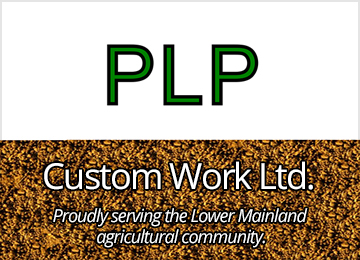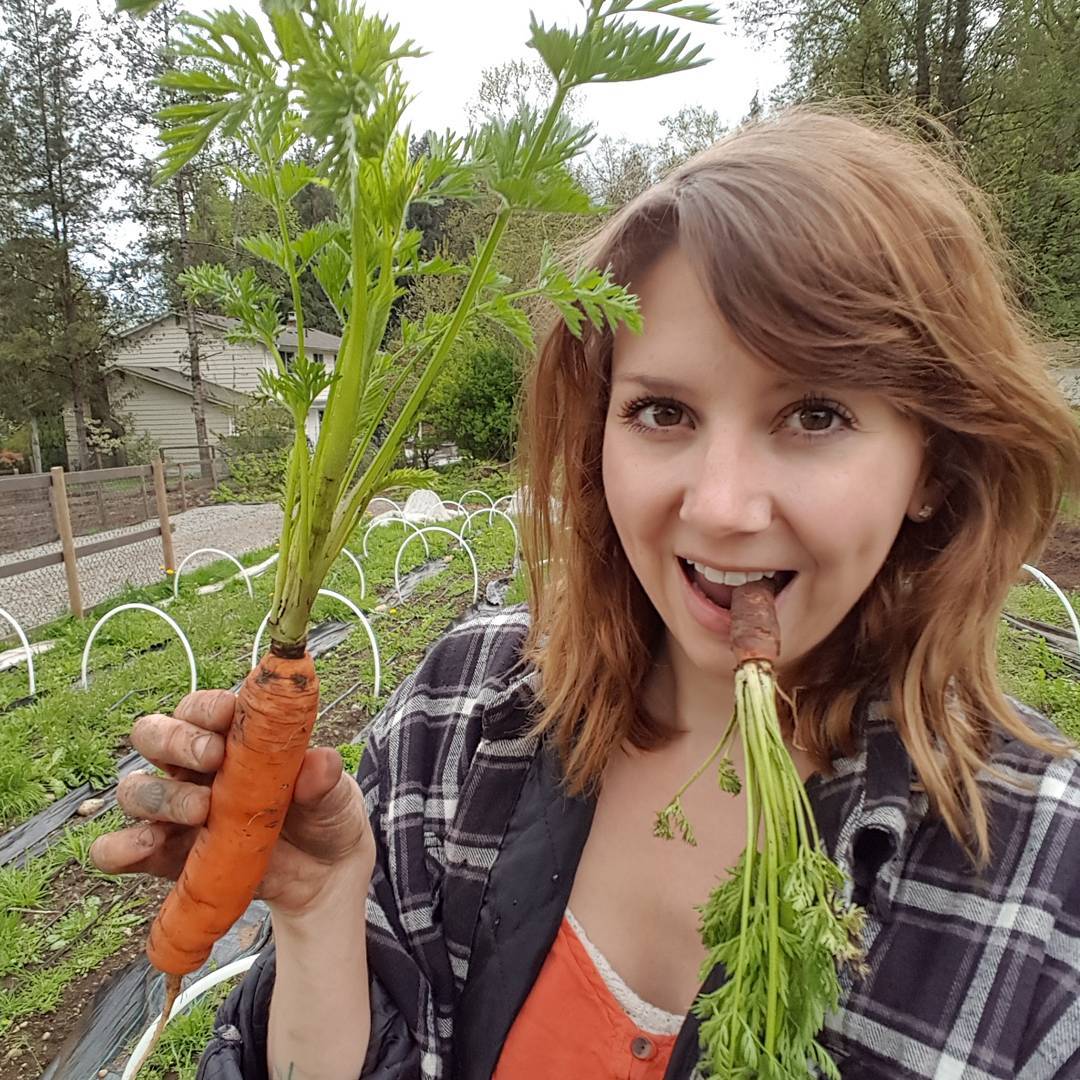Something old, something new
by: Stephen Eng, Sessional Instructor at UFV
The popular term “sustainable” is widely used to describe agriculture today. Not only is it used to describe agriculture, but we find it used to discuss other aspects of today’s society such as sustainable living, sustainable forest practices, and sustainable fisheries.
Without a doubt, any think-tank , policy, production and/or marketing group on agriculture somehow incorporates some ideas around sustainability into the discussion. Even though it is a popular and widely used term, the meaning of it at times is vague and not consistent. It is, however, one of the most important concepts that “Modern Agriculture” needs to understand and embrace in order that the growing world population, estimated to be 9 Billion by 2050, continues to be fed.
So, what do we mean to say when we use the term “sustainable agriculture?” Are the moadern methods of agriculture today sustainable or do we need to go back to more traditional methods? What defines sustainability? Who defines sustainability? In AGRI 371 – Sustainable, Holistic Agriculture, offered at the University of the Fraser Valley (UFV), I ask the students the following question on the first day: What does the term sustainable , holistic agriculture mean to you? Some students have an opinion, some do not, but suffice it to say that not every viewpoint is the same.
If we were to ask the consumer of our agricultural products for a definition, sustainable might be interpreted as produce grown with no sprays, pesticide-free, or grown organically. They may also believe that sustainable agriculture produces food that is safe and that it is able to provide food security for the growing world population.
In the academic and scientific community, the agricultural schools are redefining agricultural thinking from the one-dimensional focus on the plants and animals such as agronomics or genetics to a more holistic concept called Agroecology. Agroecology can be defined as the study of agriculture that recognizes that the communities of plants and animals in the environment have been modified by people to produce food, fibre, fuel, and other products for human consumption and processing.
To the farmer, the idea of sustainability may mean choosing agronomic practices that optimize the productivity of the crop or animal. It may also be interpreted as choosing an agricultural venture that maximizes profit.
As you can see, how we define sustainability will bias us towards how we understand the path towards a sustainable, holistic model for agriculture.
Going back to AGRI 371, I have tried to instill upon the students, who are our future agrologists, that there can be more than one practical model of agriculture that is sustainable, but in order to validate them, there needs to be a consistent set of principles that define sustainability.
The fundamental idea of sustainable agriculture is, in fact, an old concept. In the classic 1911 agricultural book, “Farmers of Forty Centuries” by F.H.King, which stimulated the thinking of British and American Schools of Agriculture at the time. The author records his amazement as to how the farmers of China, Korea, and Japan were able to conserve and use the natural resources available to them at the time to feed the population for over forty centuries. The “Farmers of Forty Centuries” understood the “ways” to make agriculture sustainable for over forty centuries without the use of man-made fertilizers or chemicals.
An example of “something new” in sustainable agriculture would be the use of man-made “organic pesticides” in mainstream conventional agricultural operations.
A good approach to understanding and practicing sustainability would be to look at it from three different recognized concepts: Environmental Sustainability, Economic Sustainability, Social Sustainability.
In recognizing the environment as part of sustainability, the soil and water must be protected from practices that degrade and limit them from future use.
Economic sustainability recognizes the needs of the farmer to earn a living so he must be able to receive a fair price for his product. Economic sustainability also looks at production efficiencies that maximize profits. Farming as an industry will remain sustainable so long as the farming operation can generate enough production and money to support itself.
The social aspect of sustainability is recognizing that agriculture should enhance the quality of life of farmers and society as a whole.
The idea of sustainability is as much a philosophy as it is a practical approach to agriculture. With the three concepts (environmental, economic, and social) that define Sustainable Agriculture, the modern science of Agroecology must continue to provide holistic solutions to the timeless lessons of traditional agriculture in order for the future of agriculture to remain sustainable.












